
How to Reduce Recycling Contamination
Recycling is becoming more and more important in today’s climate. With the risk of global warming becoming a pressing issue, recycling any materials that are sustainable is crucial. However, the effectiveness of this can be undermined by recycling contamination.
This issue occurs when non-recyclable materials or incorrect items are placed in recycling bins, making it harder to process genuine recyclables. In some cases, this can render the entire contents of the bin unsuitable for recycling.
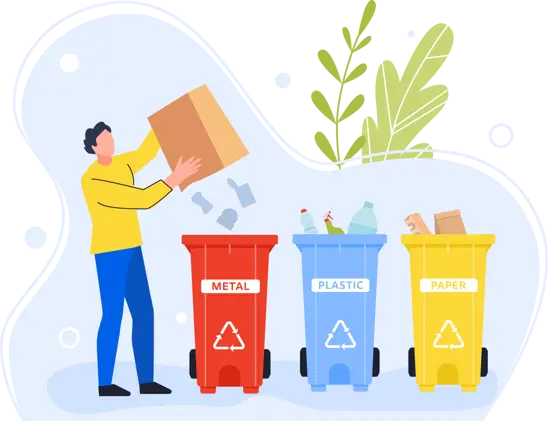
How To Avoid Recycling Contamination: Key Takeaways:
Familiarise yourself with local recycling guidelines to ensure proper sorting and reduce recycling contamination.
Clean and dry all recyclables to prevent food residue and liquids from contaminating the recycling process.
Use labelled bins and reliable waste management services to minimise the risk of recycling contamination.
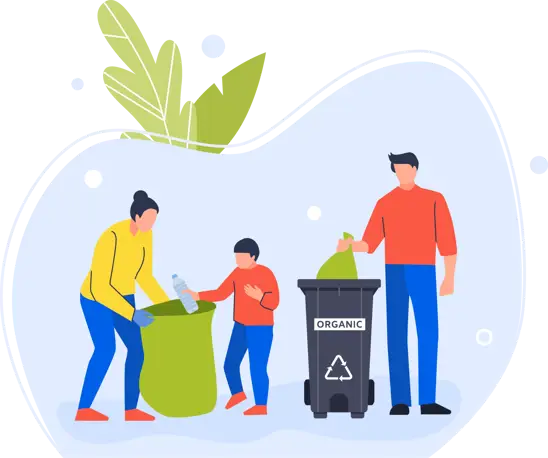
What Is Recycling Contamination?
Recycling contamination occurs when non-recyclable items, such as plastic bags, food residue, or hazardous waste, are mixed with recyclables. For example, a bin of aluminium cans may be rejected if any cans contain food residue or liquid. Contamination complicates sorting, increases costs, and can lead to the disposal of entire batches. Proper sorting ensures recyclables are processed, reducing the carbon footprint and supporting recycling efforts.
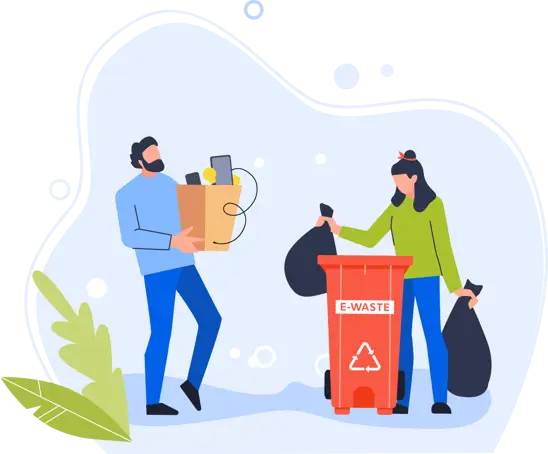
Types of Recycling Contamination
Recycling contamination can take many forms, but the most common types include:
- Food and liquid waste, i.e. items like greasy pizza boxes or unwashed containers
- Non-recyclable plastics i.e. plastic bags, cling film, or black plastic trays
- Hazardous materials i.e. batteries, chemicals, or electronic waste
- Mixed recyclables i.e. items that are placed in the wrong bin, such as glass in paper-only bins
- Incorrectly prepared items i.e. items with labels left on or flattened cartons that can cause issues with sorting machinery
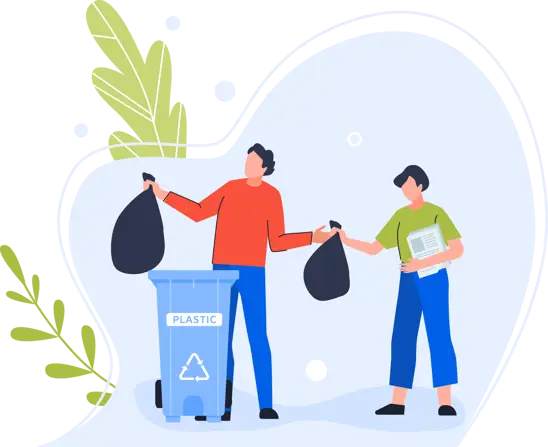
Why is contamination such a major problem in recycling?
The impact of recycling contamination extends far beyond sorting errors, it poses significant environmental and operational challenges. Contamination can spread to clean recyclables, rendering them unfit for processing. This not only disrupts recycling efforts but also leads to the disposal of contaminated waste in landfills, undermining sustainability goals.
Hazardous materials in contaminated waste further escalate the issue by posing health and safety risks to workers and causing potential damage to machinery. The environmental consequences are substantial, with increased landfill use, higher waste management costs for businesses and local authorities, and missed opportunities to conserve resources and lower greenhouse gas emissions.
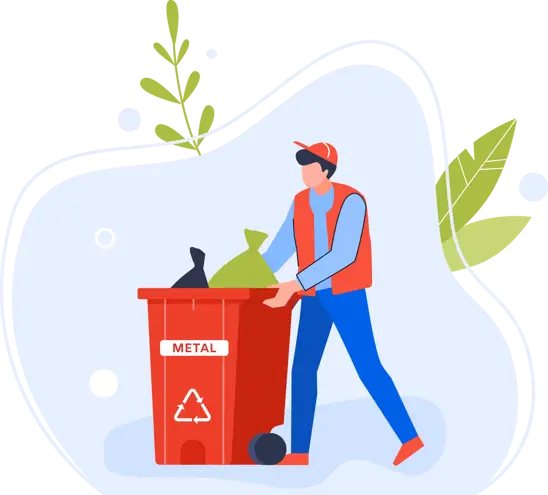
How Can We Reduce Recycling Contamination?
To reduce recycling contamination, it is essential to understand how it occurs (as outlined in 'Types of Recycling Contamination') and take the necessary steps to prevent it.
Understand recycling rules: The rules around what can and cannot go in each of your recycling bins can vary from local authority to local authority. It is important to familiarise yourself with your local recycling guidelines to avoid recycling contamination.
Clean your recyclables: Once you have a clear understanding of what can and cannot go in each of your recycling bins, it is essential to ensure that all items are clean, free from food residues and liquids and are dry to prevent recycling contamination. For example, it is a good idea to rinse out old milk cartons and tin cans but ensure they are dry before they go in the appropriate bin.
Use labelled bins: After your recyclable material has been cleaned and is dry, ensure it goes into the correct bin. As mentioned above bin colours and what can go in them can vary in different regions so check the labels or check your local authority's website if you are unsure.
Partner with reliable waste management services: If you are a business or have anything which is considered business waste, you can benefit from working with companies like WM101, as we provide high-quality recycling containers designed to minimise contamination risks. Our range of commercial recycling bins and tailored waste management services ensure that recyclables are sorted and processed correctly from the start to avoid recycling contamination.
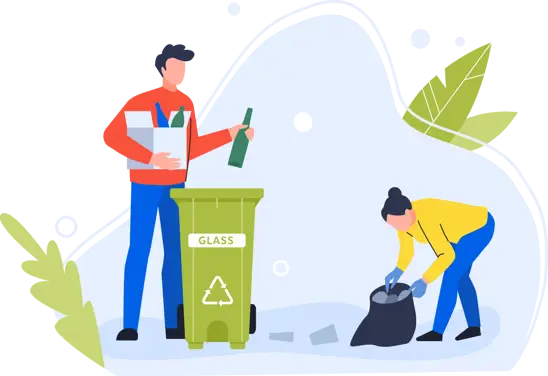
Avoiding Recycling Contamination With Services WM101
At WM101, we understand the challenges of recycling to businesses. Our tailored waste management solutions and high-quality recycling containers are designed to reduce recycling contamination risks and streamline the recycling process.
Contact our team today to find out more about our recycling and waste management services.
29/01/2025